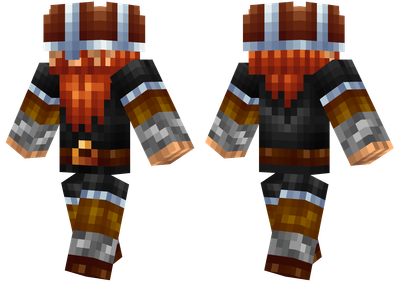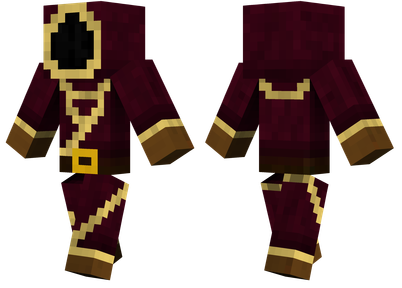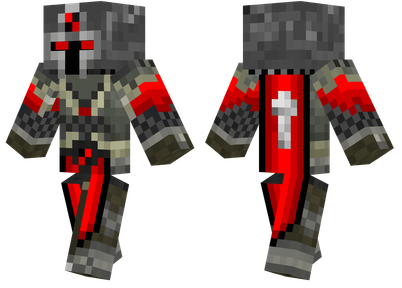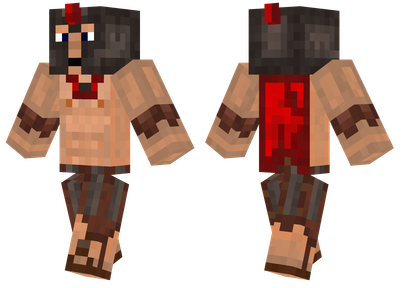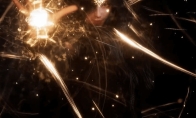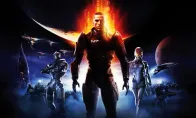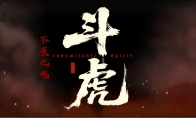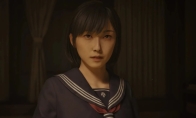Generative AI is still plaguing all the creative industries you focus on, and despite obvious copyright infringement issues and related legal cases surrounding it, companies like OpenAI are still training their models with copyrighted works of art.OpenAI's video generation model Sora has launched the updated version of "Sora 2" on September 30.By default, the application will use copyrighted materials for self-training, and requires the copyright holder to actively apply for exit to avoid its materials being used.Therefore, a large amount of AI-generated content that contains popular characters you know and love is leaking to the Internet.
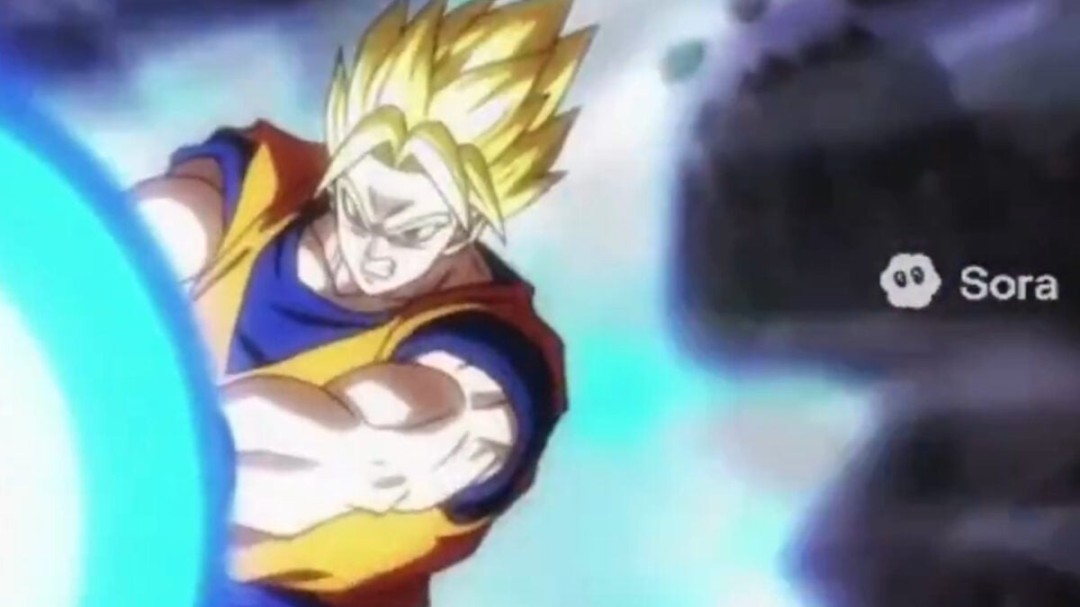
404 Media website got some videos including Pikachu and a SpongeBob, a suspected Nazi image, who do everything from ASMR to boxing matches in the video.By default, Sora 2 can generate almost any animation video related to copyrighted material you enter—because generative AI companies seem to believe that the rules that usually regulate the use of copyright intellectual property do not apply to them.So now, companies like Nickelodeon and Nintendo have to actively contact OpenAI and ask it to stop using its own characters and icons instead of actively seeking permission from OpenAI.This strategy is a bold one, considering Disney, NBC and Warner Bros. are all suing Midjourney for using his role in intellectual property.Artists involved in the art creation of Magic Card Games also sued Midjourney for the company's capture of their artwork to train generative AI models.
In addition to these inferior content that contains copyrighted characters, Sora 2 seems to allow users to generate in-depth fake content for themselves or public figures.The new app features a TikTok-like stream where users can scroll unlimitedly through generated videos; and if you scroll long enough, you may see real-person in-depth fake videos—although OpenAI claims to have set up protective measures to protect people from such situations.Some even reported seeing some outrageous content, such as the black-faced image of actor Scarlett Johnson performed in the musical Hamilton.It is worth noting that OpenAI had a dispute with the actor last year over legal issues: the company used a sound in its ChatGPTAI chatbot, which was very similar to the sound of Scarlett Johnson dubbing an AI character in the movie She.
The whole thing seems destined to spark a series of legal disputes, and also frustrate some artists and animators - because animation companies may increasingly tend to use generative AI to cut costs at the expense of humanistic temperatures, and this possibility is gradually emerging.
Even the smoother and more intensive scenes generated by Sora still have obvious traces of AI generation, such as unnatural picture switching and fault effects in animation.But for those who want to use it to cut costs, quality may not be a priority.Those who insist that AI is the future say so because they are the people who can benefit from it, while artists who create and those who appreciate these works have become the party at a disadvantage.Perhaps some intellectual property lawyers will step in and try to stop it, but sometimes it makes people feel that whenever a tool that generates inferior AI content is banned, another will replace it.



